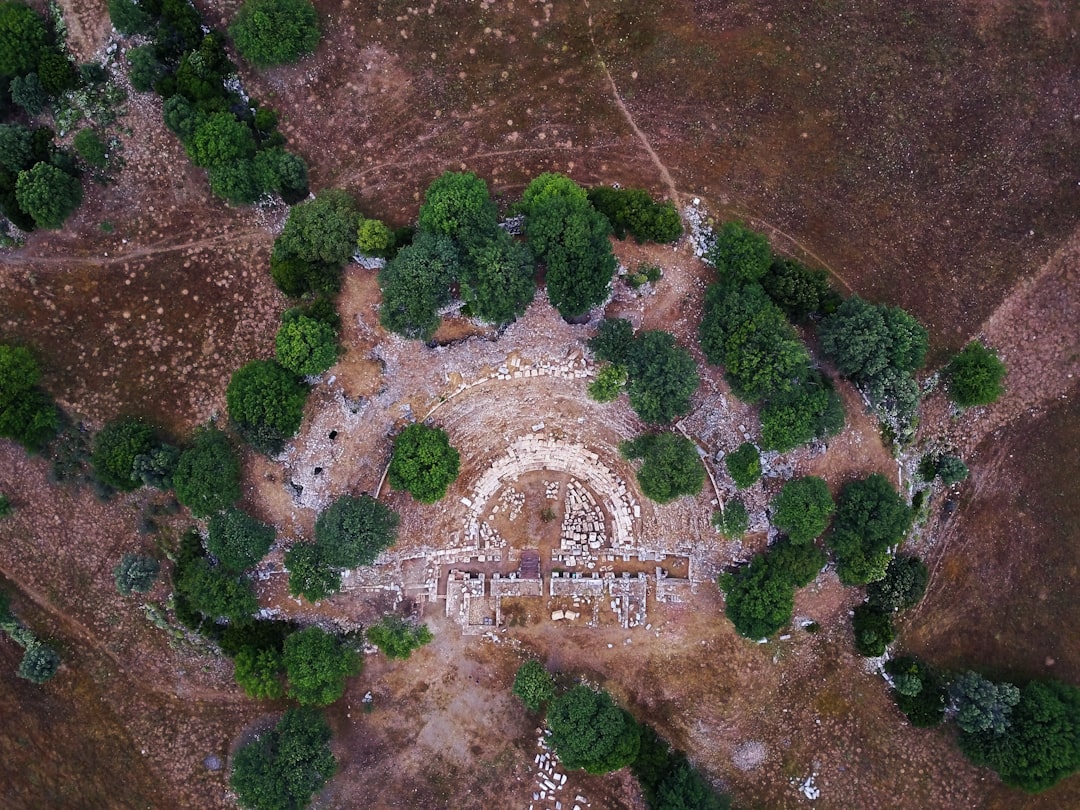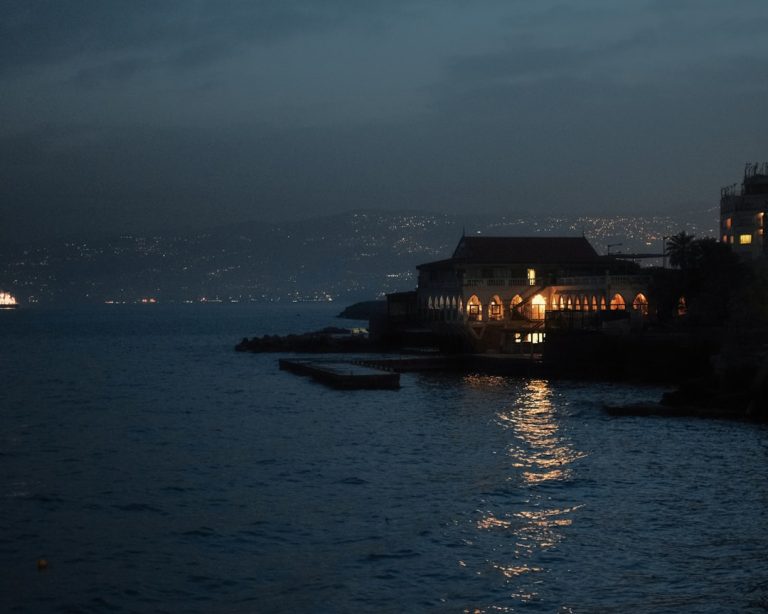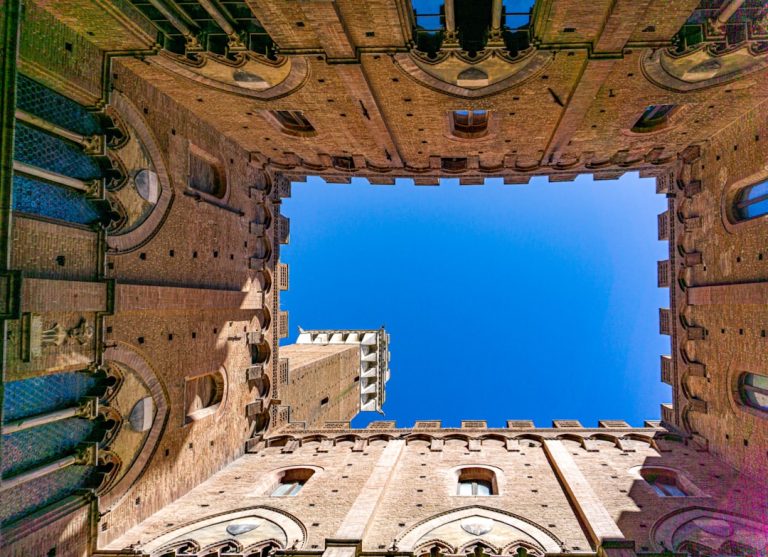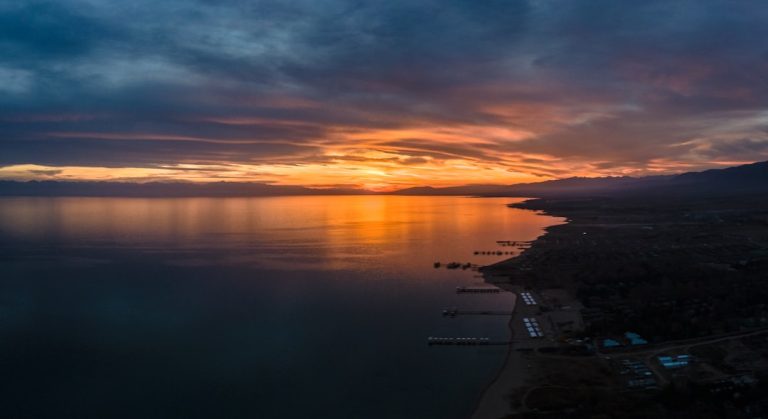
Iraq, a nation steeped in history and culture, is often recognized as the cradle of civilization. Nestled in the heart of the Middle East, it is bordered by Turkey to the north, Iran to the east, Kuwait to the southeast, Saudi Arabia to the south, Jordan to the southwest, and Syria to the west. The Tigris and Euphrates rivers, which have nourished its lands for millennia, are central to its identity.
This geographical positioning has made Iraq a crossroads of various cultures, religions, and empires throughout history. From the ancient Sumerians and Babylonians to the Islamic Golden Age, Iraq has been a pivotal player in shaping human civilization. Despite its tumultuous recent history, which includes decades of conflict and political instability, Iraq remains a land of rich traditions and resilient people.
The country is home to a diverse population that includes Arabs, Kurds, Turkmen, Assyrians, and other ethnic groups, each contributing to the vibrant tapestry of Iraqi society. The cultural heritage of Iraq is reflected in its languages, music, art, and festivals. As the nation gradually rebuilds and reopens to the world, it offers travelers a unique opportunity to explore its ancient roots alongside its modern developments.
Key Takeaways
- Iraq is a country in the Middle East with a rich history and diverse culture.
- Historical and cultural sites in Iraq include ancient cities, archaeological ruins, and religious landmarks.
- Natural landmarks and scenic views in Iraq include the Tigris and Euphrates rivers, the Mesopotamian Marshes, and the Zagros Mountains.
- Modern cities in Iraq, such as Baghdad and Erbil, offer a mix of traditional and contemporary urban life.
- Iraqi cuisine features a variety of dishes including kebabs, rice, and flatbreads, as well as sweets like baklava and kunafa.
Historical and Cultural Sites
Iraq boasts an impressive array of historical and cultural sites that speak volumes about its past. One of the most significant is Babylon, an ancient city that was once the heart of the Babylonian Empire. The ruins of Babylon, located near present-day Hillah, include the remnants of the famous Ishtar Gate and the ziggurat known as Etemenanki, which is often associated with the biblical Tower of Babel.
These structures not only showcase the architectural prowess of ancient civilizations but also provide insight into their religious practices and societal organization. Another remarkable site is the ancient city of Ur, which is believed to be the birthplace of Abraham, a key figure in Judaism, Christianity, and Islam. The Ziggurat of Ur stands as a testament to the ingenuity of Sumerian architecture and serves as a focal point for archaeological studies.
Additionally, Iraq is home to numerous mosques and shrines that reflect its Islamic heritage. The Al-Askari Shrine in Samarra, with its striking golden dome, is one such site that attracts pilgrims from around the world. These historical landmarks are not merely remnants of the past; they are living symbols of Iraq’s enduring legacy.
Natural Landmarks and Scenic Views

Beyond its historical significance, Iraq is endowed with stunning natural landscapes that vary from arid deserts to lush river valleys.
This mountain range is not only a geographical boundary but also a cultural one, as it separates the Kurdish regions from the rest of Iraq.
The mountains are dotted with picturesque villages where traditional Kurdish culture thrives, providing visitors with an authentic experience of local life. The marshlands of southern Iraq, known as Al-Ahwar, are another natural wonder that deserves attention. These wetlands are among the last remaining examples of ancient Mesopotamian marshes and are recognized as a UNESCO World Heritage Site.
The marshes are home to a diverse array of wildlife, including migratory birds and unique aquatic species. Exploring these wetlands by boat offers a serene escape into nature while allowing travelers to witness traditional lifestyles that have persisted for centuries. The contrast between Iraq’s arid landscapes and its fertile river valleys creates a rich tapestry of natural beauty that captivates all who visit.
Modern Cities and Urban Life
| City | Population | Area (sq km) | GDP (billion ) |
|---|---|---|---|
| New York City | 8,336,817 | 789 | 1,700 |
| Tokyo | 9,273,000 | 2,194 | 1,520 |
| London | 8,982,000 | 1,572 | 835 |
Iraq’s urban landscape is a blend of modernity and tradition, with cities like Baghdad and Erbil serving as prime examples. Baghdad, once known as the “City of Peace,” has undergone significant transformation over the years. Despite facing challenges due to conflict, it remains a bustling metropolis with a rich cultural scene.
The National Museum of Iraq houses an extensive collection of artifacts that narrate the story of Mesopotamia’s illustrious past. The city’s vibrant markets, such as Al-Mutanabbi Street, are alive with activity, offering everything from books to spices. Erbil, the capital of the Kurdistan Region, presents a different facet of urban life in Iraq.
With its ancient citadel rising majestically above the cityscape, Erbil combines historical significance with modern development. The city has seen rapid growth in recent years, with new shopping centers, hotels, and restaurants emerging alongside traditional bazaars. The hospitality of its residents is palpable, making it an inviting destination for travelers seeking both adventure and cultural immersion.
The juxtaposition of ancient heritage and contemporary living in these cities illustrates Iraq’s resilience and adaptability in the face of change.
Iraqi Cuisine and Culinary Delights
Iraqi cuisine is a reflection of its diverse cultural influences and rich agricultural heritage. The culinary landscape is characterized by an array of flavors and ingredients that vary by region. One staple dish is “masgouf,” which consists of grilled fish marinated with spices and served with rice or bread.
This dish is particularly popular along the banks of the Tigris River and showcases Iraq’s connection to its waterways. Another beloved dish is “dolma,” which features vegetables such as grape leaves or zucchini stuffed with a mixture of rice, meat, and spices. This dish exemplifies the communal aspect of Iraqi dining, as it is often prepared for family gatherings and celebrations.
Iraqi bread, known as “lavash,” accompanies most meals and serves as both a utensil and a staple food item. Sweets like “knafeh,” a pastry soaked in syrup and layered with cheese or nuts, provide a delightful conclusion to any meal. The experience of dining in Iraq goes beyond just food; it embodies hospitality and tradition.
Meals are often shared among family and friends, fostering connections that transcend generations. Street food vendors also play a vital role in Iraqi culinary culture, offering quick bites like “falafel” or “sambusa” that reflect local flavors and ingredients.
Travel Tips and Recommendations

Traveling to Iraq requires careful planning and consideration due to its complex security situation. It is essential for potential visitors to stay informed about current events and travel advisories issued by their respective governments. Engaging with local tour operators who have extensive knowledge of the region can enhance safety while providing valuable insights into Iraqi culture.
When visiting historical sites or urban areas, dressing modestly is advisable to respect local customs and traditions. Learning a few basic phrases in Arabic or Kurdish can also go a long way in fostering goodwill with locals. Travelers should be prepared for varying levels of infrastructure; while major cities may offer modern amenities, rural areas may lack certain conveniences.
Exploring Iraq’s rich tapestry requires an open mind and a willingness to embrace its complexities. From ancient ruins to vibrant markets, every corner offers a glimpse into a culture that has endured through centuries of change. Engaging with local communities can provide deeper insights into their way of life while contributing positively to their economy.
As Iraq continues on its path toward recovery and growth, it beckons adventurous travelers eager to uncover its hidden treasures.



